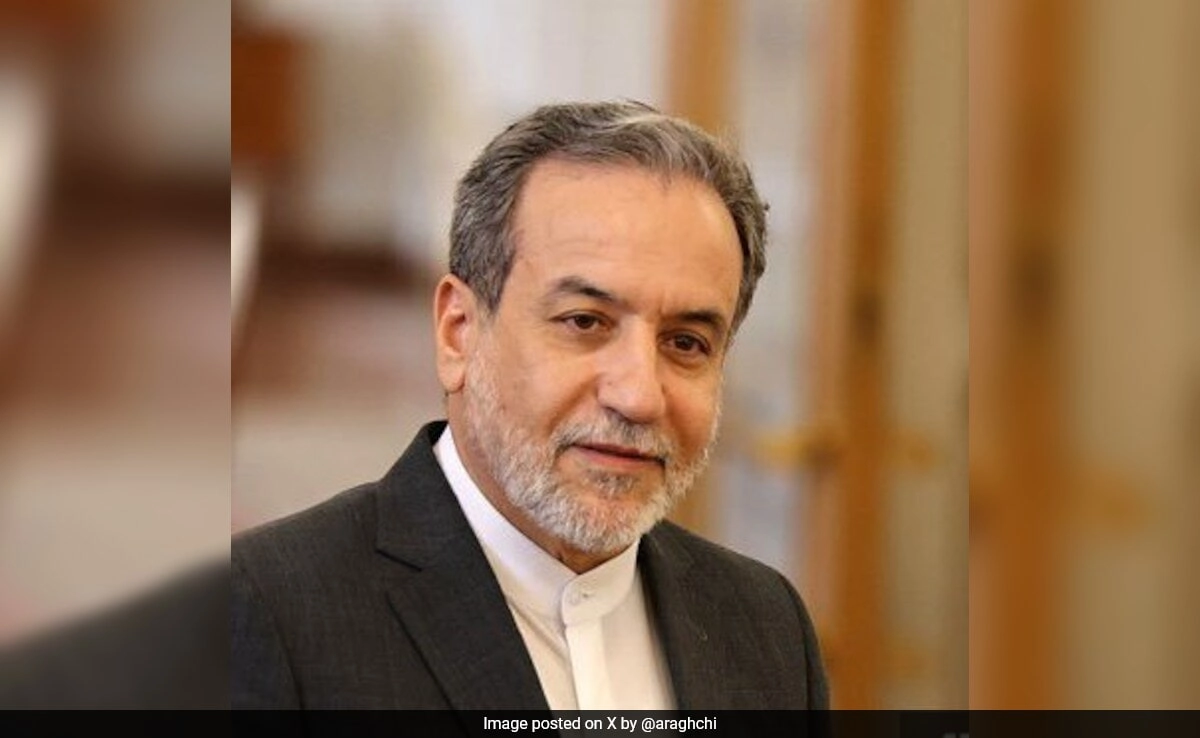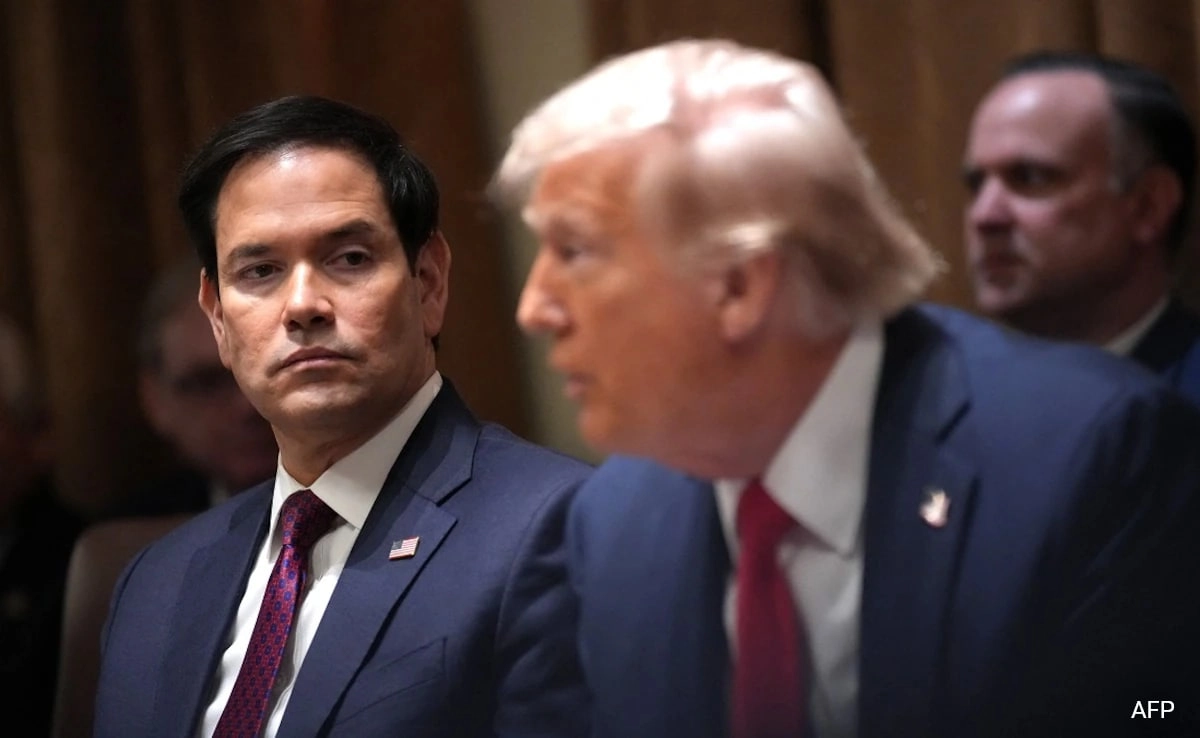Iran has publicly stated that it has no intention of engaging in new nuclear negotiations with the United States in the near future. This announcement comes amid ongoing tensions between the two nations, particularly following the breakdown of the 2015 nuclear deal, officially known as the Joint Comprehensive Plan of Action (JCPOA). Since the U.S. withdrawal from the agreement in 2018, Iran has progressively scaled back its compliance, leading to heightened concerns regarding its nuclear program.
The Iranian government has emphasized that any future discussions regarding its nuclear activities would depend on the U.S. returning to the JCPOA framework and lifting sanctions that have severely impacted its economy. Officials in Tehran argue that the current geopolitical landscape does not favor new talks unless there is a significant shift in U.S. policy. The position reflects a broader sentiment within Iran that the previous negotiations did not yield the expected benefits and that the nation has little to gain from entering into discussions without concrete assurances.
Moreover, Iran’s stance is indicative of its desire to assert more control over its nuclear program and to demonstrate resilience in the face of external pressure. Iranian leaders have suggested that their advancements in nuclear technology are aimed at peaceful purposes, although many in the international community remain skeptical. The lack of dialogue raises concerns about the potential for nuclear proliferation in the region and underscores the complexities involved in achieving a diplomatic resolution.
As the geopolitical dynamics continue to evolve, the absence of negotiations between Iran and the U.S. may lead to further escalation, with both sides potentially taking more hardline positions. The international community will be closely monitoring the situation, as the implications of Iran’s nuclear ambitions extend beyond its borders, impacting regional stability and global security. In this context, the prospects for renewed diplomacy appear dim, with both nations entrenched in their respective positions.




